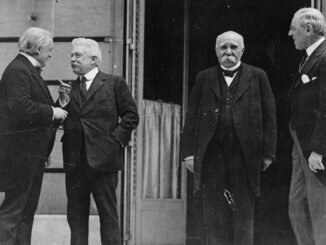
– Syed Sayeed
In all ages, everywhere, there have been brave souls with exemplary courage of conviction who stood for truth and were willing to make great sacrifices for that truth. The truths they were anxious to uphold and express were sometimes to do with the life of the community or the individual, or sometimes about the universe or some abstract matter, but inasmuch as they stood for not just the truths they believed in but for the right of the individual to publicly hold and express such truths, the central issue concerned public space. In this sense, all such individuals can be regarded as intellectuals. However, and even keeping the caveat I made above regarding the in-built fuzzy boundaries of this concept, to include all those remarkable individuals into a notion of the intellectual that would be relevant to us, would be misleading and somewhat pointless. It is best, therefore, to delimit the concept of the intellectual and concede that intellectuals did not exist in all ages. The social, economic and political conditions of the possibility and the desirability of the intellectual were found only in few ages. In saying this, we are not saying that individuals with courage of conviction or concern for the public good did not exist. As I said just a while ago, they did, but when we speak about intellectuals we have something more in mind. In trying to articulate that factor we run into a paradox. The intellectual must constitute an institution. Yet the intellectual cannot be institutionalised. In fact, it is part of being the intellectual that she must resist institutionalisation. An institutionalised intellectual is a compromised intellectual and in effect no intellectual. Explicitly or implicitly a society must acknowledge such a thing as an intellectual. Unless a society recognises the category of ‘intellectual’, it is difficult to say that intellectuals existed in that society, since the relationship between the intellectuals and the society is a reflective, purposive relationship based on recognition and consent, though the consent has an agonistic structure. We shall pursue this issue presently. To proceed with the immediate question, we must acknowledge that the intellectual is possible only in a kind of society where there is a public sphere. This is true to the extent that the two terms in the above statement can be regarded as mutually dependent. This is not as mysterious as Continental philosophy makes it sound.
Read the full article here.




Be the first to comment